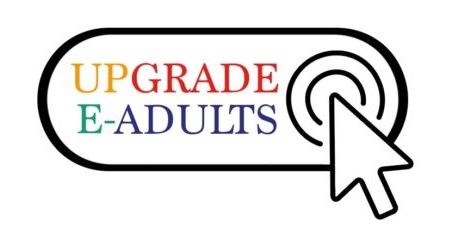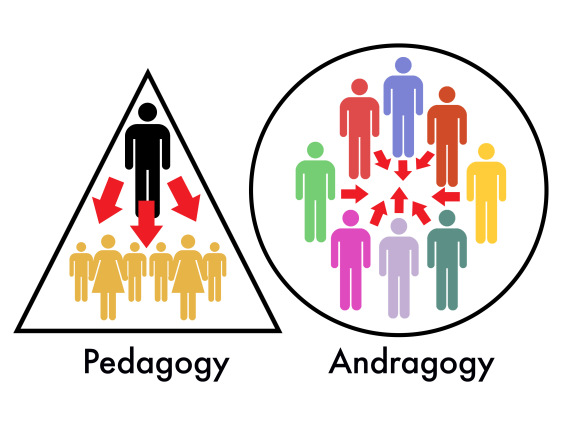Andragogy, refers to “methods or techniques used to teach adults,” is a word coined in the 1800s by Alexander Knapp, a German educator, and popularized in the 1960s by Malcolm Knowles, an American educator whose focus was on adult education. Pedagogy instead is well known as a child-focused teaching approach. Comparison chart For Knowles, andragogy is premised on at least four crucial assumptions about the characteristics of adult learners that are different from the assumptions about child…
Being online has many benefits especially when considering the acquisition of new skills in a lifelong learning overview that includes social media.Being online, however, unfortunately also involves risks for adults and youngsters, to mention only a few:Cyberbullying, phishing, falling for scams, accidentally downloading malware. Even though apps loom larger in most people’s daily online interactions than traditional websites do, that does not mean that the basic Internet safety rules have changed. Here below are the…
According to Pointpark University Philadelphia, by understanding adult students, you can become a better educator or trainer. Here are six key teaching strategies for making lessons more applicable for adult learners. 1.Keep It Relevant They have to understand how the skills they learn will improve their daily lives. If they believe a lesson will have a measurable impact, they will be far more likely to be engaged and internalize the lesson. 2. Remember Student Backgrounds Adult…
Approaching technology can sometimes be challenging for senior citizens, but this need of sharing our lives with technology can also have benefits. The main challenge that seniors find themselves to face at first concerns frustration for a lack of technology literacy. As Robin Seaton Jefferson explains in her article on Forbes based on a study of UCSD, seniors often find themselves buying services that they don’t know how to use or having difficulties interacting with…




